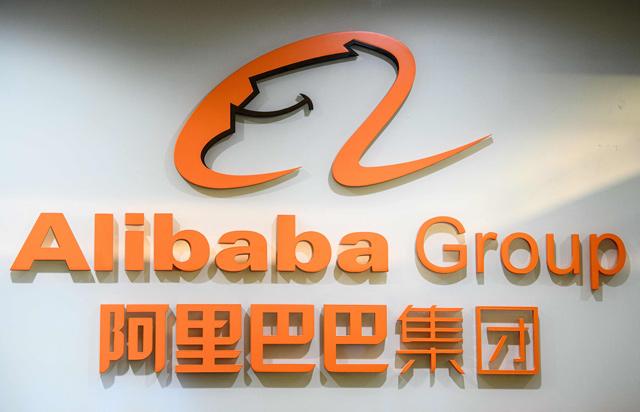- Mix
- Mon-2021-04-12 | 03:22 pm

Nayrouz News Agency :
Chinese regulators hit e-commerce giant Alibaba with a record 18.2 billion yuan ($2.78 billion) fine on Saturday over practices deemed to be an abuse of the company's dominant market position.
Alibaba, the Jack Ma-founded Chinese e-commerce leader and one of the world's most valuable companies, said it accepted the penalty and pledged to outline plans on Monday for bringing its operations in compliance.
The fine appeared to cap a government crackdown on major Chinese tech platforms, and Alibaba in particular, over allegations of anti-competitive behaviour and misuse of consumer data.
The State Administration for Market Regulation said it assessed the fine after concluding an investigation into Alibaba that began in December.
The probe centred on Alibaba's practice of forbidding merchants who wish to sell their wares on its popular online marketplaces from simultaneously offering them on rival e-commerce sites.
"Since 2015, Alibaba Group has abused its dominant position in the market" with the exclusivity requirement, the regulator said.
The requirement harmed competition, innovation, and the interests of merchants and consumers, it added.
The fine was a record and nearly three times the almost $1 billion levied against Qualcomm in 2015, Bloomberg said.
The size of the penalty was determined after the market watchdog decided to fine Alibaba four per cent of its 2019 sales of 455.7 billion yuan.
Shortly after the decision was announced Alibaba issued a contrite statement that used many of the government's recent talking points on the issue, pledging to make changes to safeguard fair competition.
"We accept the penalty with sincerity and will ensure our compliance with determination," it said.
The company added that it would hold a conference call with investors on Monday to share its "thoughts and plans for the long-term healthy development of our business in the future".
"We are committed to ensuring an operating environment for our merchants and partners that is more open, more equitable, more efficient and more inclusive in sharing the fruits of growth," it said.
-
 Will Trump end up like Kennedy?2026-02-03
Will Trump end up like Kennedy?2026-02-03








